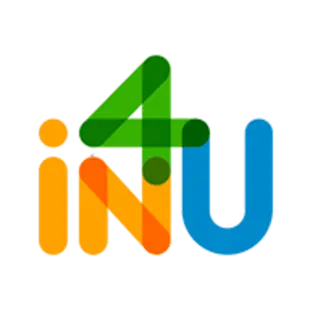Iran country overview
Iran Government
Iran information index
Welfare and health of Iran
Despite the significant progress made in improving health conditions post-World War II, challenges still persist in ensuring access to quality healthcare for everyone. While diseases such as smallpox, plague, and malaria have been successfully eradicated or significantly reduced, new challenges continue to emerge. The re-emergence of cholera in 1970 and 1981 highlighted the importance of constant vigilance in monitoring and controlling infectious diseases. The timely containment of these outbreaks demonstrated the effectiveness of collaboration between governments, international organizations, and philanthropic initiatives in responding to public health crises. However, the ongoing issue of inadequate health facilities and a shortage of medical professionals remains a significant barrier to ensuring that everyone has access to proper healthcare. In many developing countries, medical professionals, including doctors and nurses, are scarce, leading to long wait times and limited access to essential medical services. Furthermore, the lack of medical supplies and equipment hinders the ability of healthcare providers to deliver the necessary treatment to those in need. Without a sufficient supply of medications, vaccines, and medical equipment, healthcare systems struggle to meet the demands of their populations, leading to preventable illnesses and deaths. As we look towards the future, it is crucial that we continue to prioritize investments in healthcare infrastructure and workforce development to build resilient and sustainable healthcare systems. Only through continued collaboration and a commitment to addressing these challenges can we ensure that everyone has access to the quality healthcare they deserve.
The Ministry of Health, Treatment, and Medical Education plays a crucial role in overseeing and managing all healthcare services provided in Iran. With certified physicians leading its branch offices, the Ministry ensures that quality healthcare is accessible to all citizens. Public hospitals are a cornerstone of the healthcare system, offering free treatment to the underprivileged. However, both public and private healthcare institutions face challenges in meeting the growing demand for healthcare services. In addition to healthcare services, the Iranian government also places a strong emphasis on social welfare programs. The Ministry of State for Welfare, Foundation of the Oppressed (Bonyād-e Mostaẕʿafān), and the Martyr Foundation (Bonyād-e Shahīd) work tirelessly to provide support and assistance to those in need. The Foundation of the Oppressed focuses on addressing the needs of marginalized and disadvantaged individuals in society, providing them with resources and assistance to improve their quality of life.
The Martyr Foundation, a humanitarian organization established by the Iranian government, is committed to providing ongoing support to the families of war casualties. The foundation recognizes the immense sacrifice made by these families and aims to alleviate some of the burdens they may face as a result of their loss. One of the key initiatives of the Martyr Foundation is to offer financial assistance to families in need. This support can help cover basic living expenses, medical bills, and other financial obligations that may have become overwhelming after the loss of a loved one. In addition to financial aid, the foundation also provides access to healthcare services, ensuring that family members receive the necessary medical treatment and support to maintain their well-being.
Moreover, the Martyr Foundation understands the importance of education in shaping the future of young individuals affected by war. To this end, the foundation offers educational opportunities to children and dependents of war casualties, enabling them to pursue their academic goals and build a brighter future for themselves. By investing in the education of these individuals, the foundation aims to break the cycle of poverty and create a pathway to success for the next generation.
Overall, the Martyr Foundation plays a crucial role in promoting social inclusion and equity in Iranian society. Through its various welfare programs and initiatives, the foundation ensures that the needs of vulnerable populations are met and that no one is left behind. By supporting the families of war casualties, the Iranian government demonstrates its commitment to creating a more compassionate and caring society for all citizens.
Information
and Cooperation
Platform
The Information and Cooperation platform IN4U is a digital hub for BRICS members to collaborate, share information, and promote cooperative initiatives. Stay connected and engaged with the latest developments.
The cooperative
Framework
of BRICS
The Cooperative Framework of BRICS by IN4U platform is a dedicated digital space for fostering collaboration and cooperation among inter BRICS government entities and international organizations.
